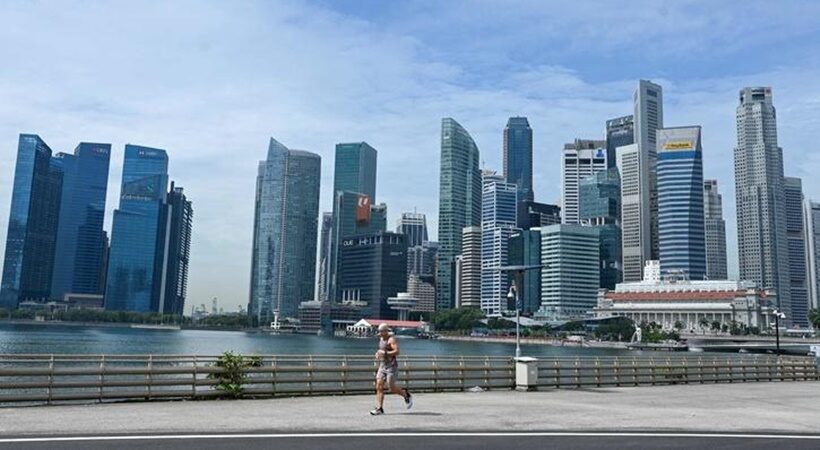According to a news item published by The Economic Times, “repeated polls suggest that the wealthiest are abandoning India.” As per a 2018 research by London-based global citizenship and residence adviser Henley & Partners, around 8,000 HNIs would leave India this year (H&P).
Figures from Morgan Stanley, a Wall Street investment bank, back up these allegations. According to a 2018 bank estimate, 23,000 Indian billionaires have fled the nation since 2014. According to research published by the Global Wealth Migration Review, approximately 5,000 millionaires, or 2% of India’s total number of high-net-worth people, departed the nation in 2020 alone.
What is the reason behind their departure?
According to H&P, Covid-19 has been a major cause of a continuing trend of rich Indians attempting to “globalize their lifestyles and fortunes”. So much so that, in the midst of the shutdown last year, the company opened an office in India to meet rising demand.
“I believe they [clients] are realizing they don’t want to wait for the pandemic’s second or third wave. Now when they are sitting at home, they want their papers. This is known as the insurance policy or Plan B,” Dominic Volek, Henley & Partners’ Group Head of Private, told the BBC from Dubai.
This, according to Bob Dhillon, a Canadian-Indian real estate magnate and the CEO of Mainstreet Equity Corp, is the third wave of migration from India, following the migration of poor and marginal farmers from Punjab to western countries over a century ago and the migration of professionals seeking better working and living conditions.
What effect does it have on us?
“As India aspires to attain the $5 trillion GDP, the steady flow of affluent Indians relocating to another country or taking up residency in another country might be a problem,” Sudhir Kapadia, national leader-tax at EY India, the ET has reported in its news article.
This departure of large sums of money is not always permanent in nature; instead of withdrawing all of their funds from their home nation and cutting business links, they just invest in another country as a fallback alternative. However, this isn’t the case.
“It can be a portent of bad things to come since high-net-worth individuals are frequently the first to go – they have the resources to leave unlike middle-class folks,” Andrew Amoils, Head of Research at New World Wealth, a Johannesburg-based wealth intelligence organization, told the Business Standard newspaper.
When the wealthy depart, India suffers a loss in tax revenue.
Leaving India is part of some businessmen’s tax plans, particularly those who manage investment businesses or are involved in overseas commerce.
“The high individual tax rates in India are the key reason why many Indians are taking up residency in countries like the UAE and Singapore,” Saraswathi Kasturirangan, partner at Deloitte India, told ET. ”In India, the maximum marginal rate is 42.74 percent, thanks to a 37 percent surcharge on a 30 percent tax rate. While lowering individual tax rates should be a goal, the number of days spent in India for taxing worldwide income is equally critical.”



















